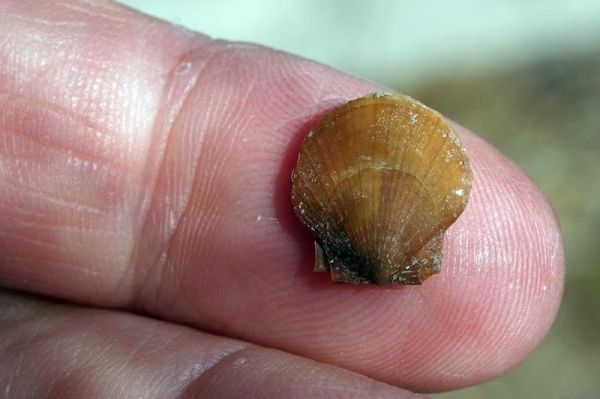NOAA Fisheries has released the results of the first-ever formal peer review of the aquaculture science conducted at six Regional Fisheries Science Centers and NOS’ National Centers for Coastal Ocean Science. This review will ensure NOAA’s Aquaculture Program continues to align research priorities with agency strengths and industry needs to address the current and future science needs for sustainable aquaculture.
NOAA’s regional fisheries science centers—working closely with industry, non-government organizations, and academia—have made fundamental, positive contributions to the understanding of aquaculture for decades. This is just one of the findings of a new peer panel report on the state of NOAA’s aquaculture science. Held in 2016–2017, the review was the first-ever external nationwide examination of NOAA’s aquaculture science and research programs. The resulting report highlighted the high quality of research conducted by agency experts for many years, along with gaps and challenges facing the increasingly important aquaculture program.
“NOAA recognizes that marine aquaculture is vital for supporting our nation’s seafood production, year-round jobs, rebuilding protected species and habitats, and enhancing coastal resilience,” said Mike Rust, Science Advisor for the Office of Aquaculture. “NOAA science centers are using cutting-edge research to foster these benefits while also conducting a wide array of research to further industry sustainability and ocean stewardship.”
With a growing demand for aquaculture research to inform coastal managers, aquaculture farmers, and policy-makers, it is increasingly important to align research and resources with stakeholder needs. For this reason, NOAA launched this first-ever external science review for aquaculture research.
Continue reading at NOAA.
Image via NOAA.


